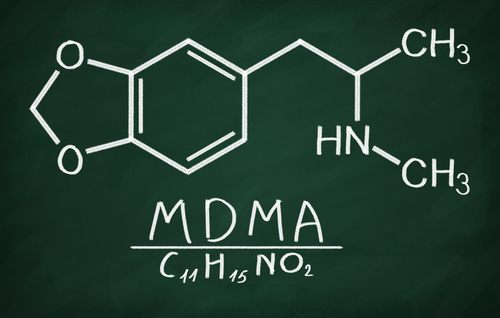
Medical marijuana as a treatment for opioid addiction has become a popular subject in the world of recovery. As the opioid epidemic continues to present new dangerous drugs leading to more fatal overdose, professionals are eager for a solution that works. The use of marijuana and other psychoactive drugs, including ketamine, are being tested and encouraged as a form of treatment for opioid addiction. Though many experiments have found the use of other drugs is helpful, long term studies have not been conducted to find out if over time, the drug use inspires returning to opioid drugs as a primary drug of choice.
Should a patient not return to their opioid drug of choice, it might be because they become chemically dependent upon or completely addicted to their medical drug which is being prescribed to them. As addicts, using drugs which create a sense of euphoria according to the prescription is a challenge. It is possible to use the drug in the way it is prescribed. For opioid addicts specifically, this was part of their addiction problem.
Concerns of marijuana addiction and the result of marijuana use has been an important part of the dialogue for good reason. The threat always looms. New psychedelic drugs being considered for mental health treatment are also addictive. Trials for a legal, prescription grade MDMA, better known as “ecstasy” have been underway and a treatments for depression as well as addiction using the drug could soon become mainstream.
Depression is one of the most highly co-occurring mental health disorders with substance use disorders. Depression as a solitary mental health disorder as well as a co-occurring issue heightens the risk of relapse and major issue with substance abuse. Clinical trials using MDMA have found remarkable improvements in patients with depression. Similar to the issue with medical marijuana and the use of ketamine, long term studies haven’t yet been conducted to examine the risk of addiction or leading patients to experiment with other drugs.
Thankfully for recovery, there are methods that work. Evidence based practices have shown that lifetime recovery from mental health and substance use disorders are possible. With a holistic approach of healing mind, body, and spirit, residential treatment and a continuum of care can work. For a confidential assessment and information on the programs at Avalon By The Sea, one of California’s only primary care mental health facilities, call (888) 958-7511 today.










